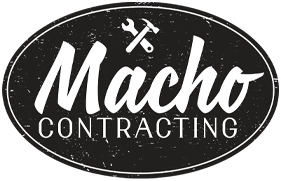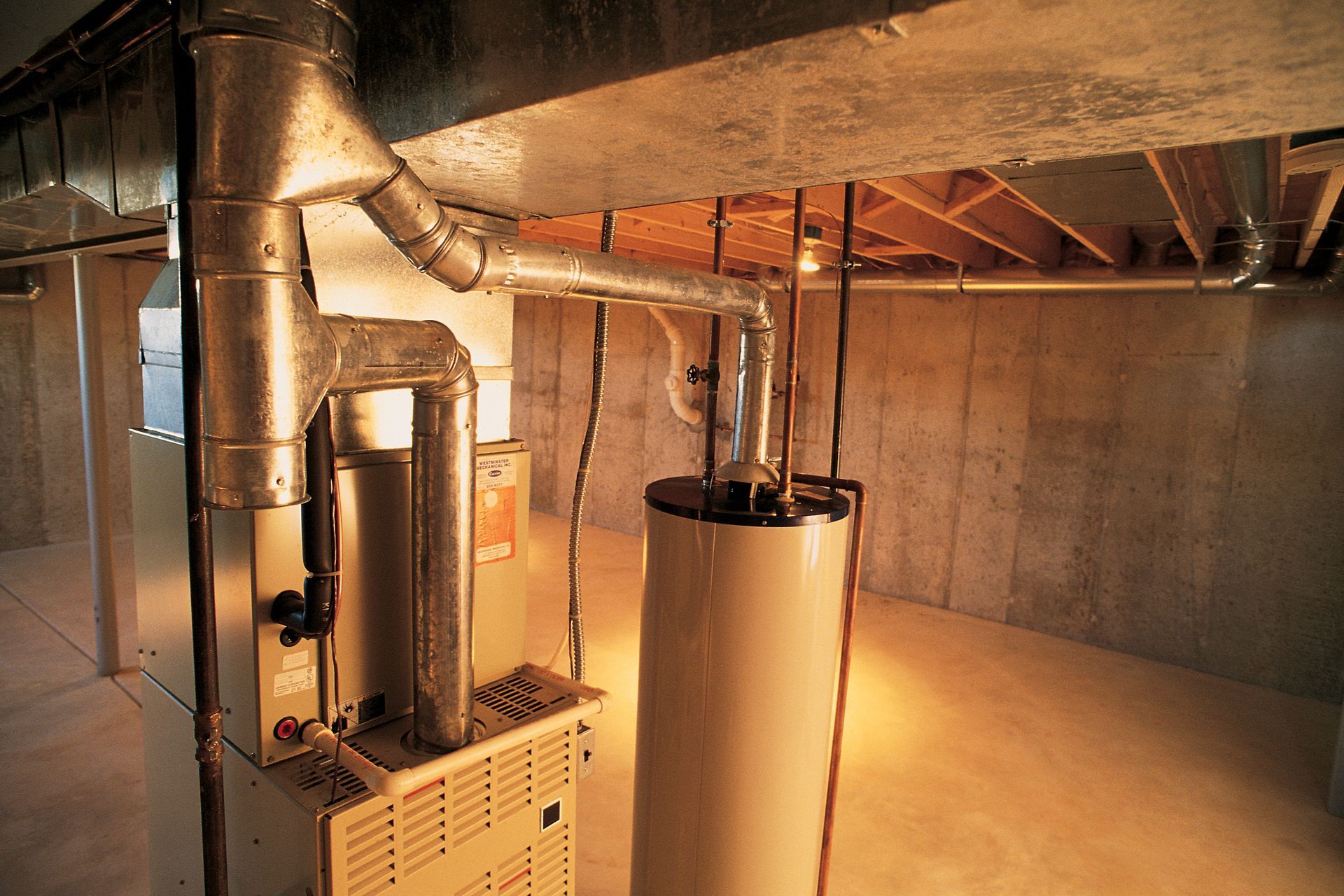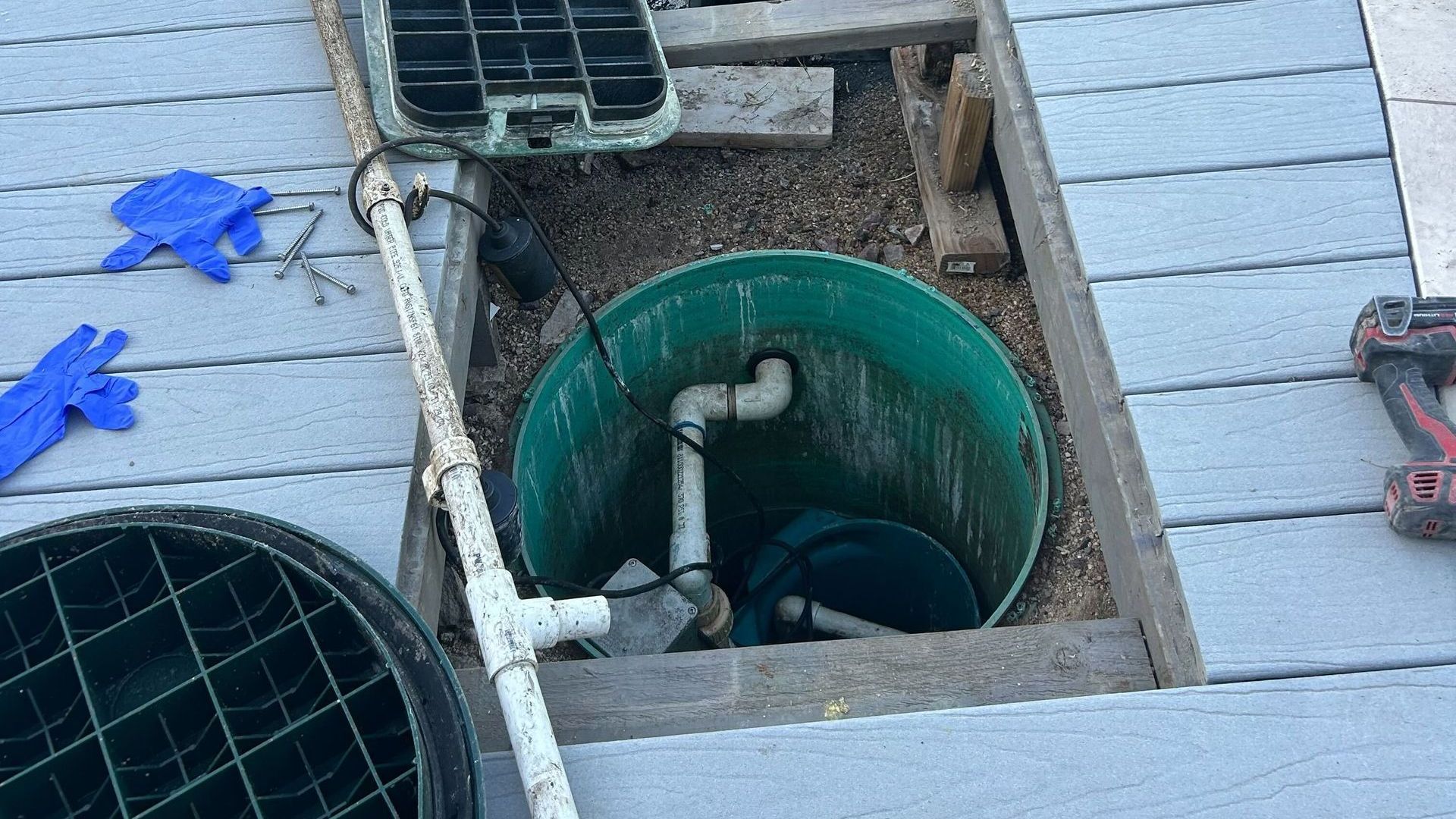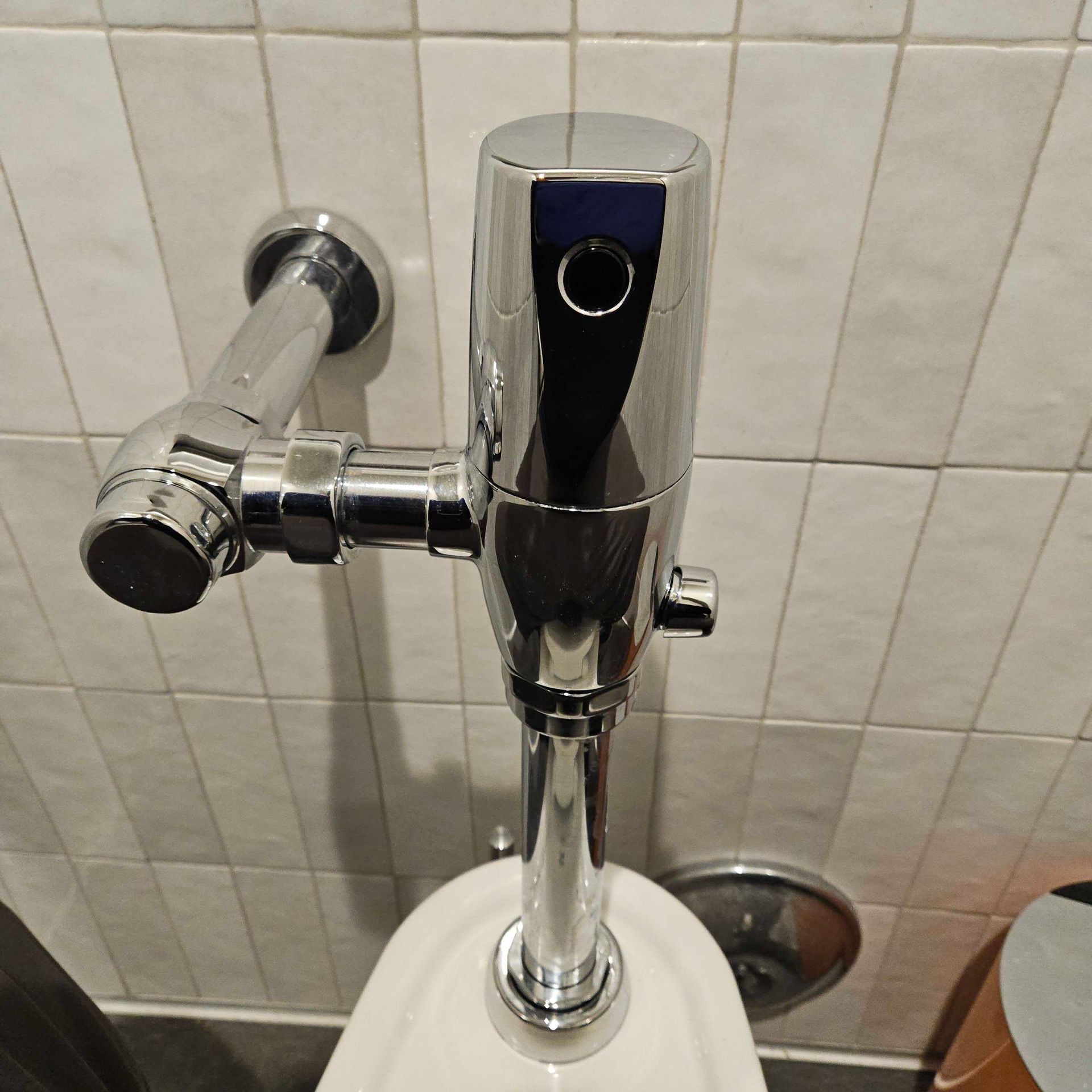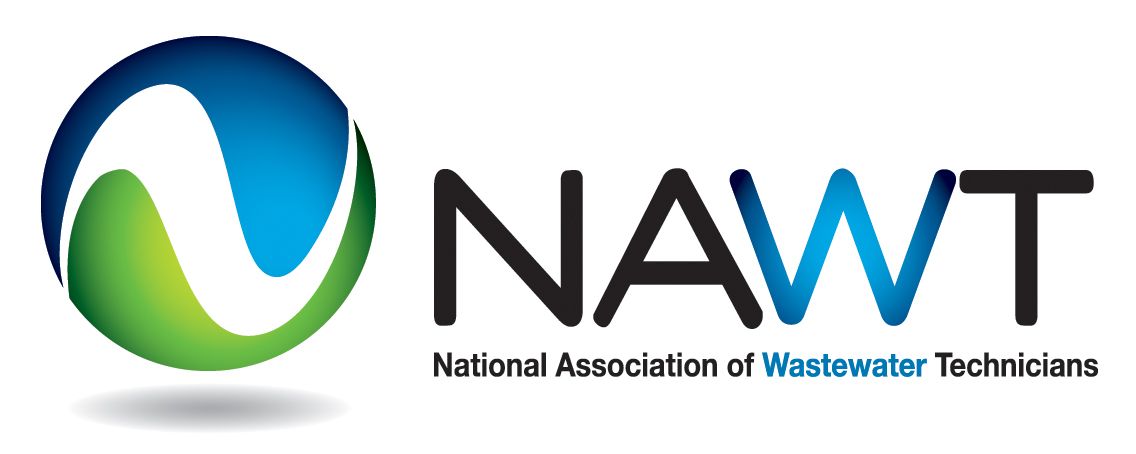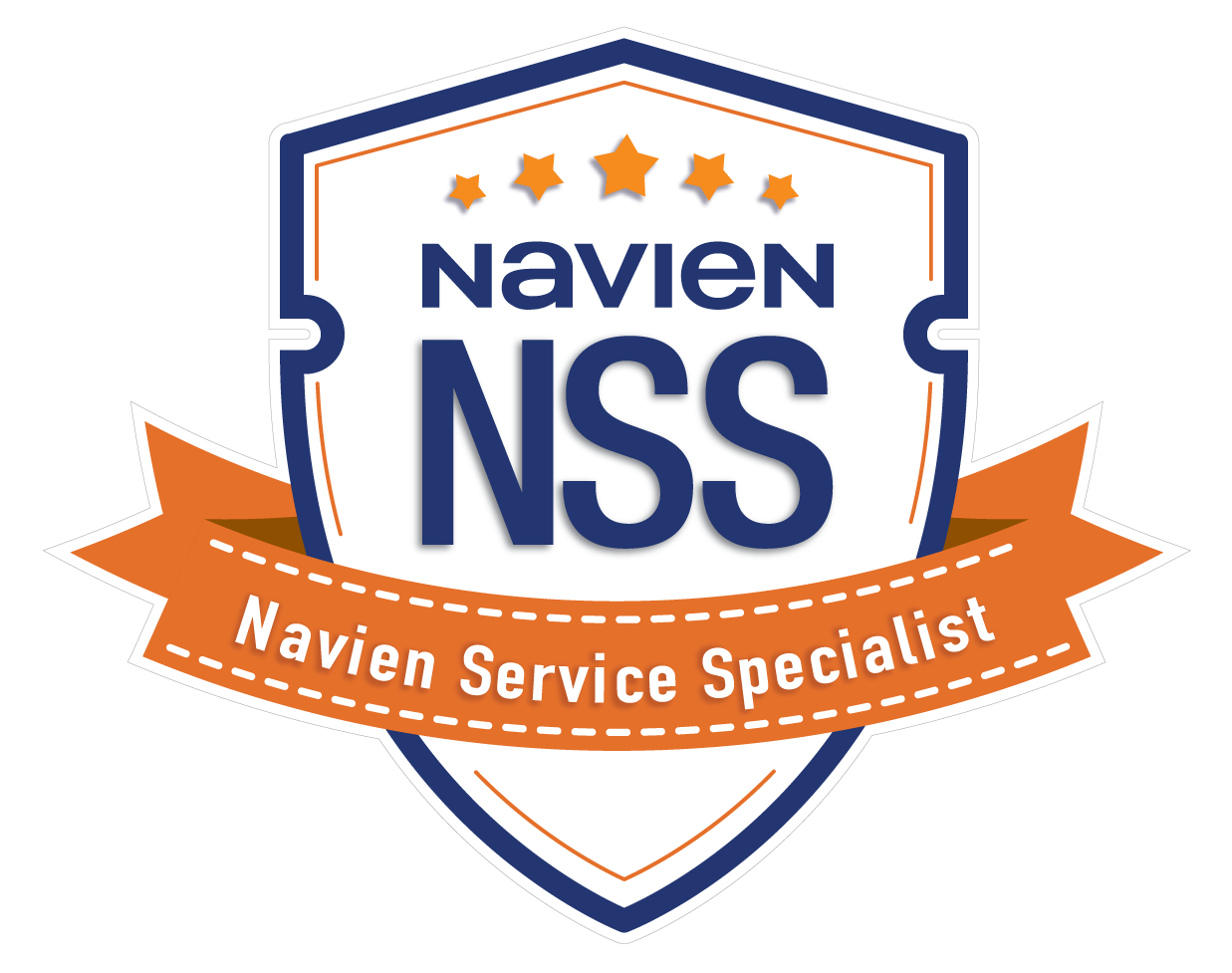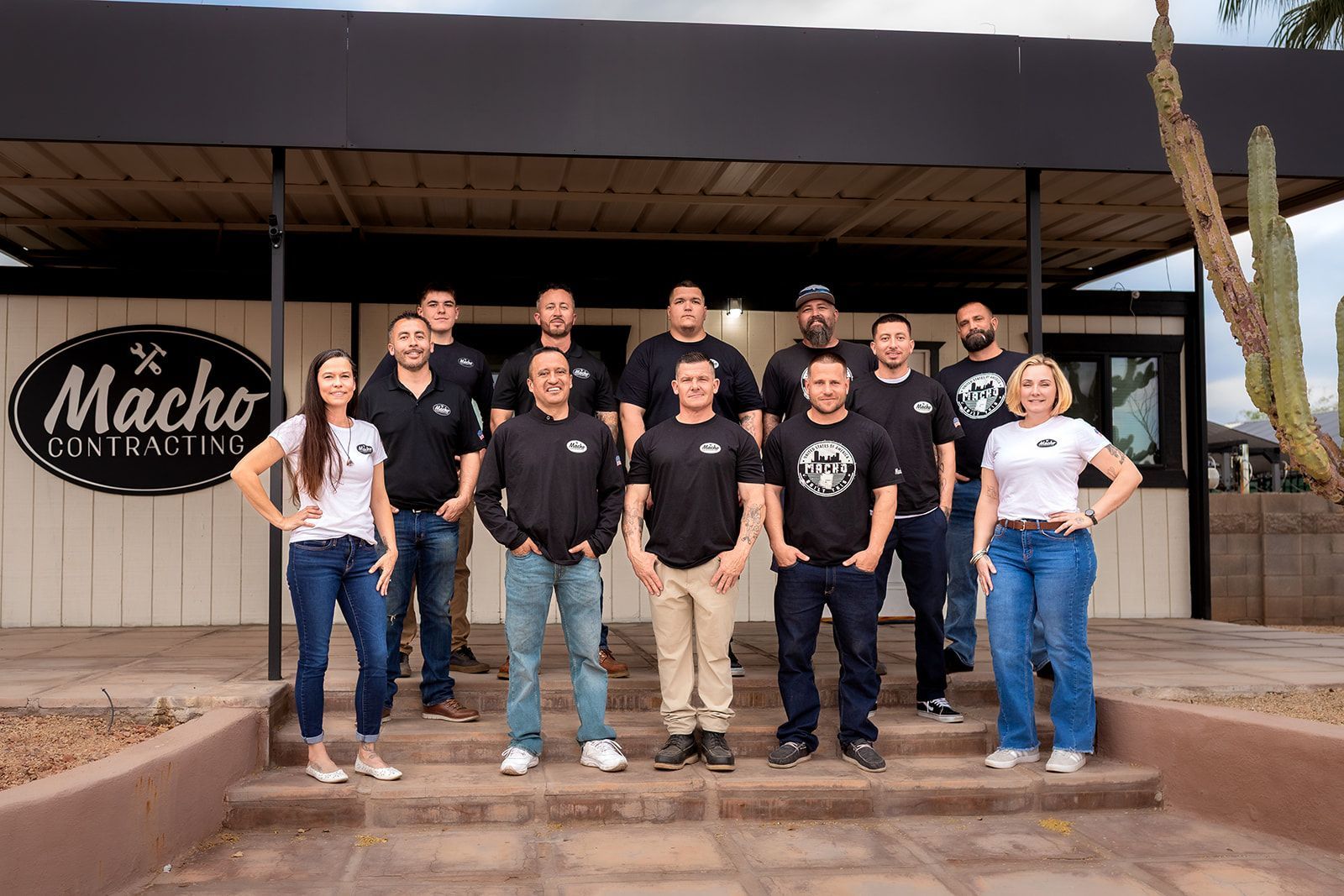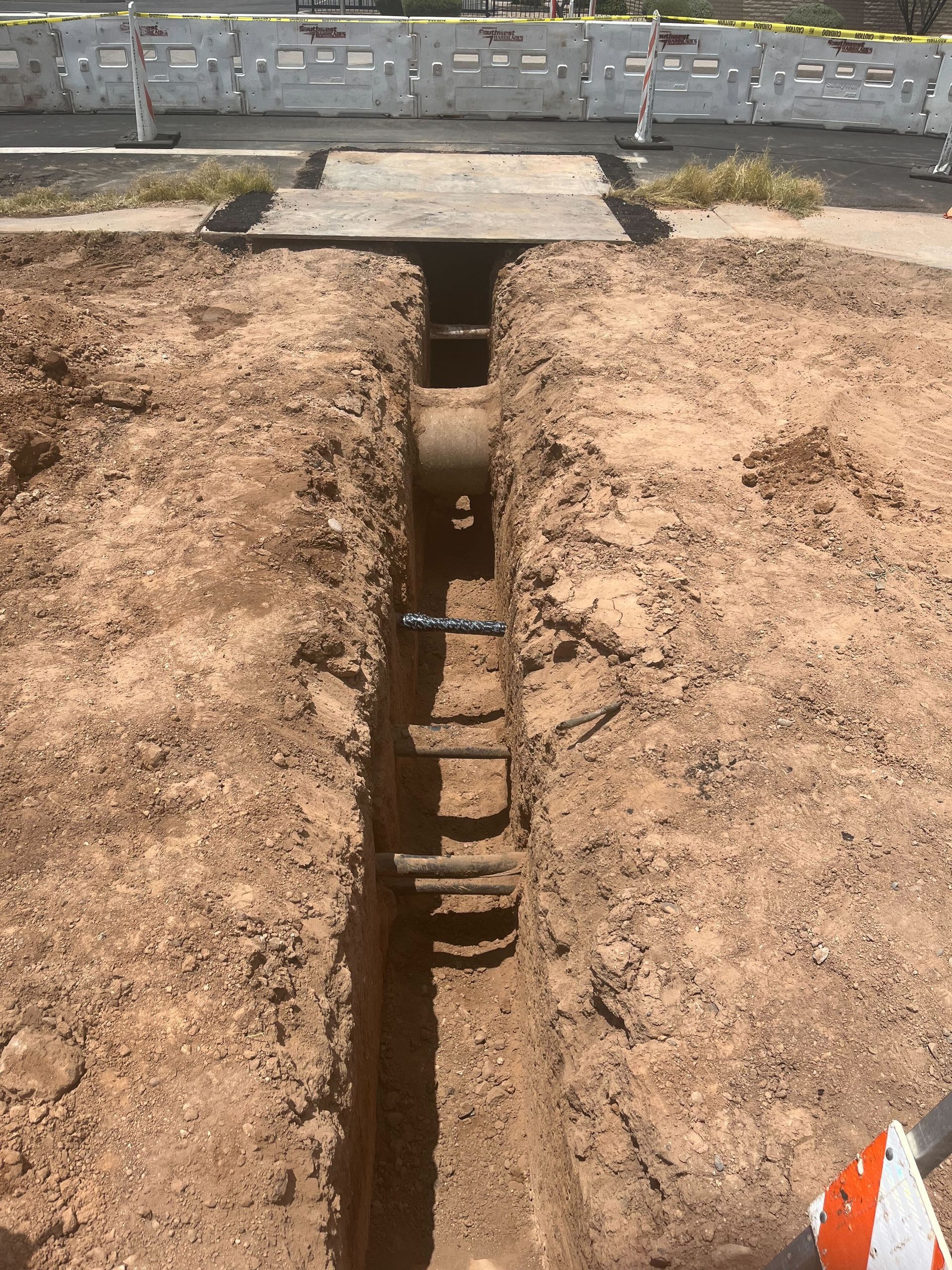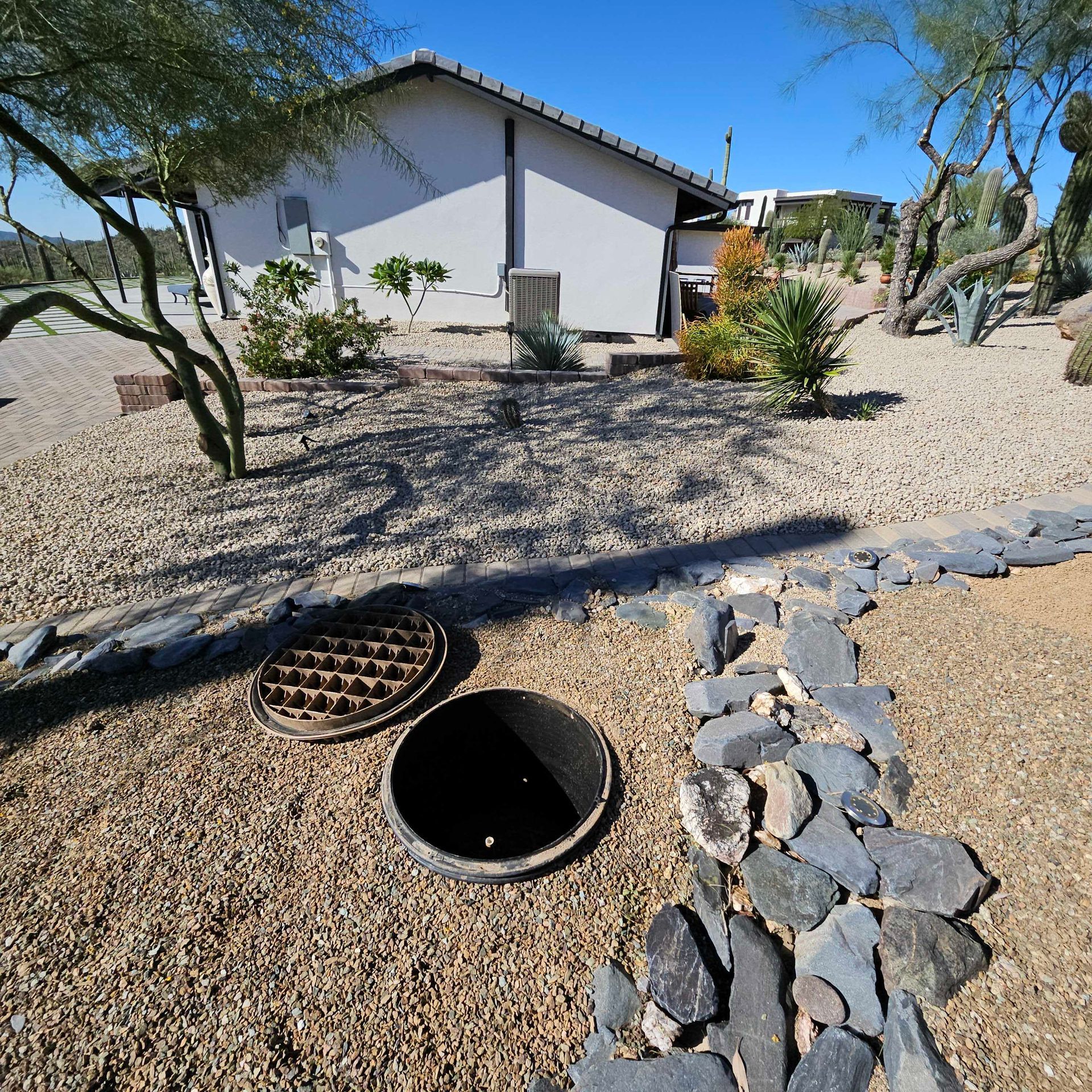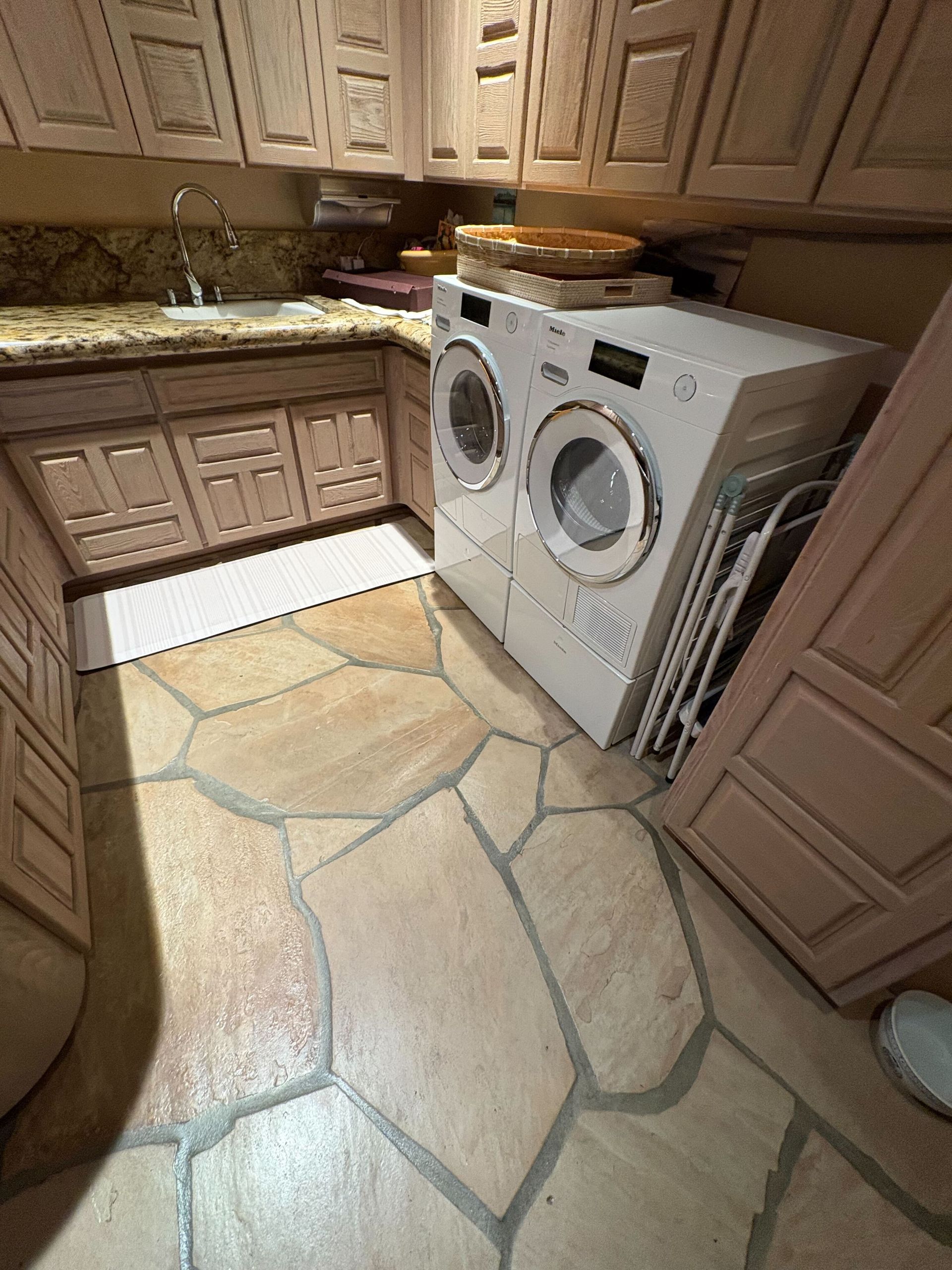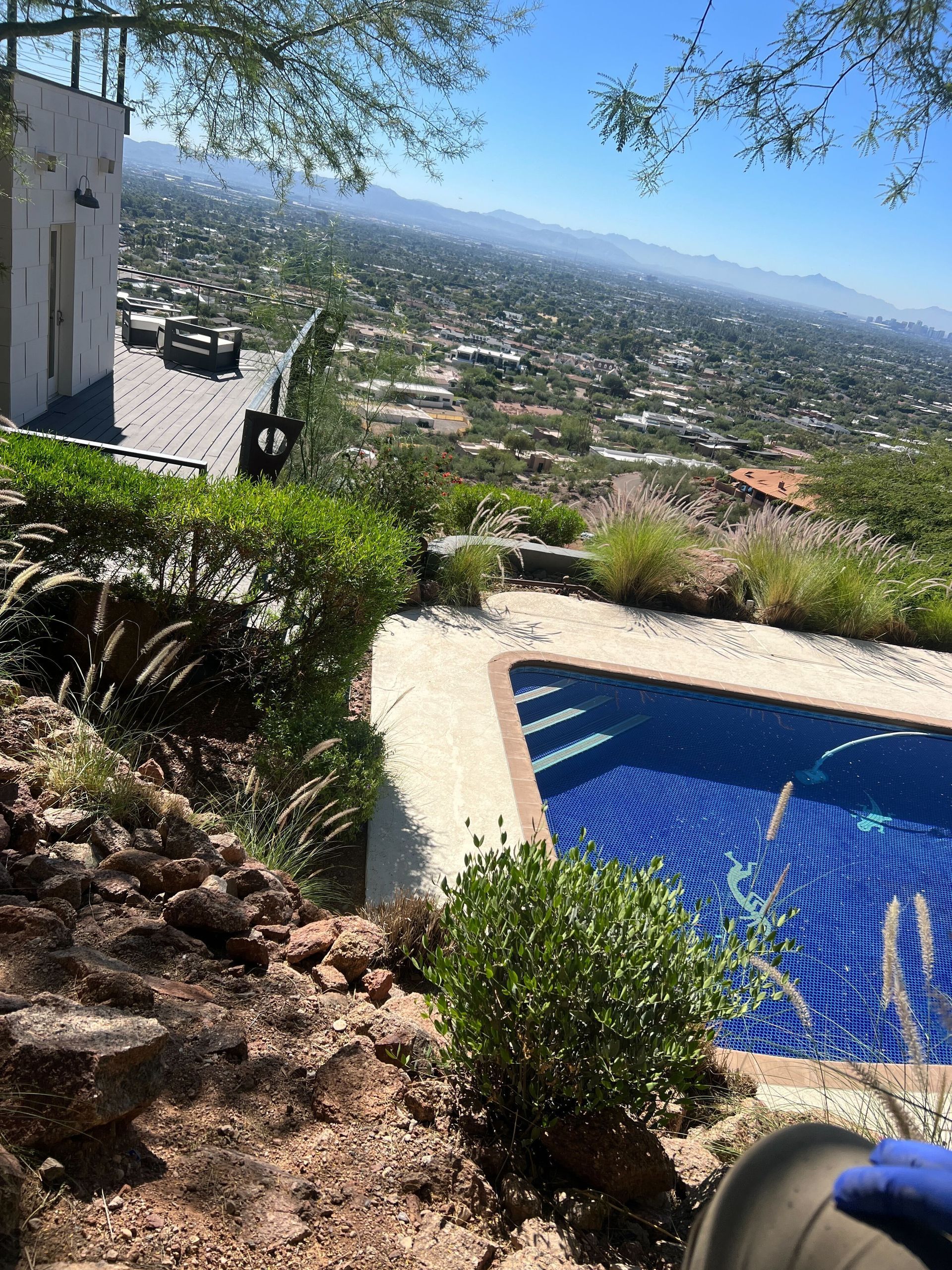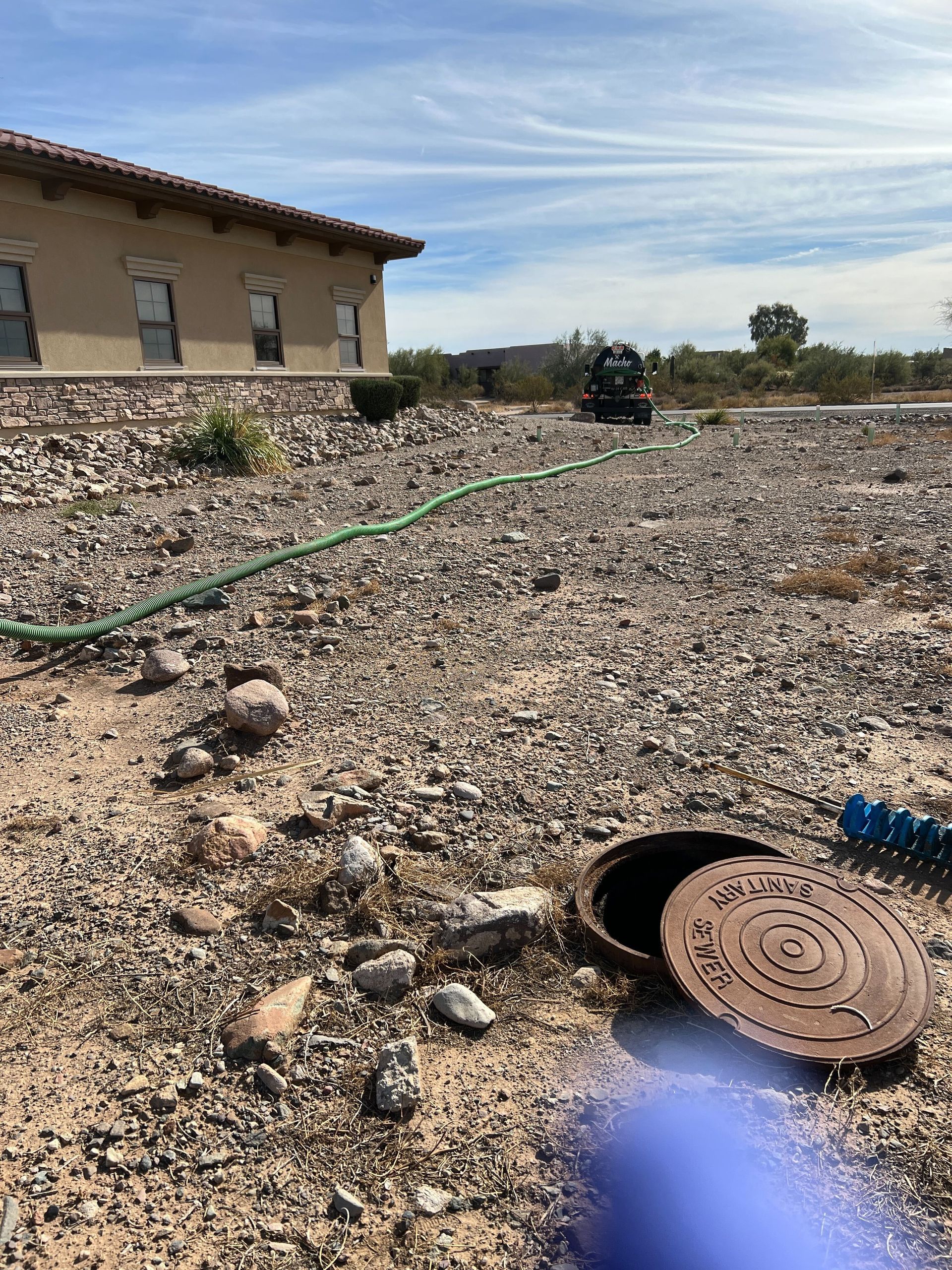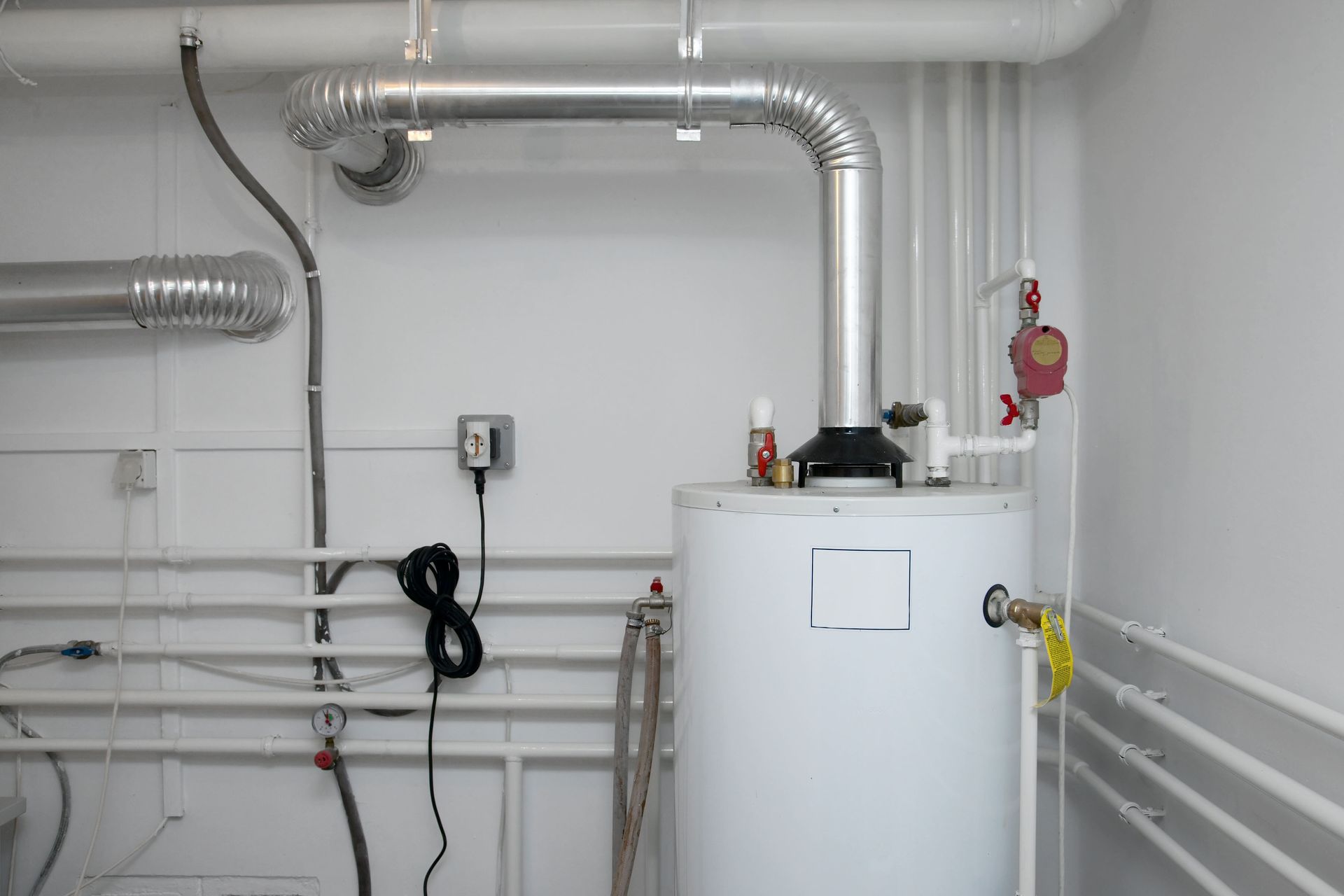November 26, 2025
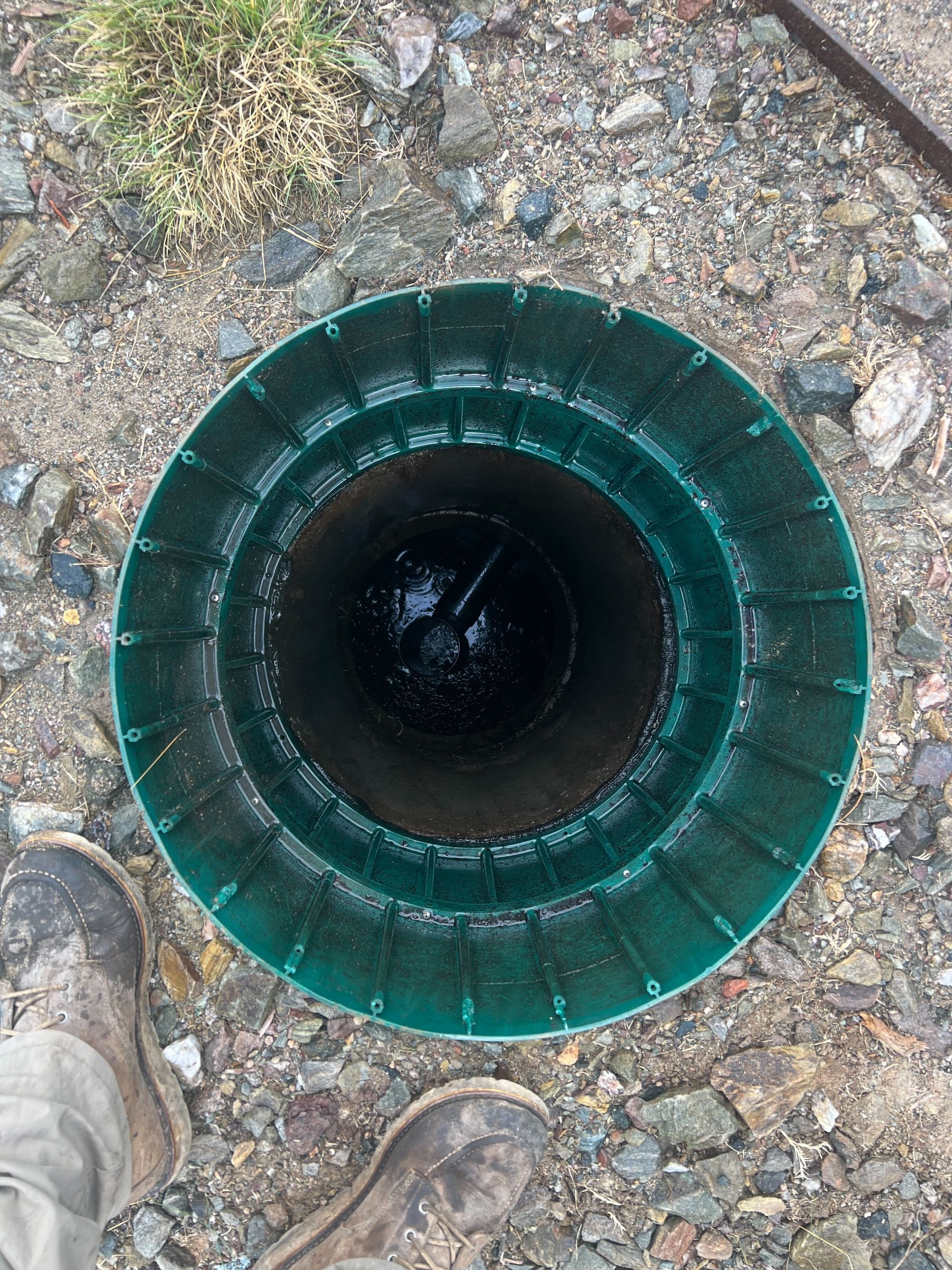
Septic systems may seem straightforward, but there are a lot of myths that can lead to big problems if followed. Whether you're a homeowner with a septic system or just curious, it's important to know what's fact and what's fiction. Let’s set the record straight by debunking some of the most common septic system myths!
Myth #1: You Never Have to Pump Your Septic Tank
Many people believe that septic tanks never need pumping as long as they seem to be working fine. This couldn’t be further from the truth. In reality, septic tanks need to be pumped every 3-5 years, depending on the size of the tank and household use. If you don’t pump your septic tank regularly, solids can build up, causing clogs and backups that may require costly repairs.
Myth #2: Septic Additives Replace the Need for Pumping
There’s a common belief that septic additives can break down waste so effectively that you don’t need to pump your tank. While some additives claim to improve septic performance, they can’t replace regular pumping. In fact, many additives can harm your system, disrupting the natural bacteria that break down waste and leading to more problems.
Myth #3: Flushing Anything Biodegradable is Fine
People often assume that if something is labeled "biodegradable," it’s safe to flush down the toilet. However, even items like paper towels, wipes (even if labeled flushable), and food waste can cause damage to your septic system. These items don’t break down as easily as toilet paper and can clog pipes, leading to backups.
Myth #4: A Septic System Lasts Forever
Septic systems are durable, but they don’t last forever. With proper maintenance, most systems can last 20-40 years, but neglect, heavy usage, or improper installation can significantly shorten their lifespan.
Myth #5: Septic Systems Don’t Affect the Environment
Some homeowners believe that septic systems don’t impact the environment since they are contained. However, poorly maintained septic systems can leak harmful bacteria, nitrogen, and phosphorus into groundwater and local ecosystems, affecting drinking water and wildlife.
How to Keep Your Septic System Healthy
Now that we've busted some myths, here are a few simple tips to keep your septic system in top shape:
- Pump your tank regularly – Don’t wait for a problem before calling a professional.
- Be mindful of what goes down the drain – Only flush toilet paper and human waste.
- Use water efficiently – Excessive water use can overwhelm the system.
- Don’t use harsh chemicals – They can kill the helpful bacteria in your tank.
- Take care of your drain field – Keep heavy vehicles and large trees away from it.
Knowing the truth about septic systems can save you money, protect your home, and keep your system running smoothly for years to come. By busting these myths, you can avoid common mistakes that might cost you later. Remember, your septic system is an important part of your home, so treat it with care and attention.

